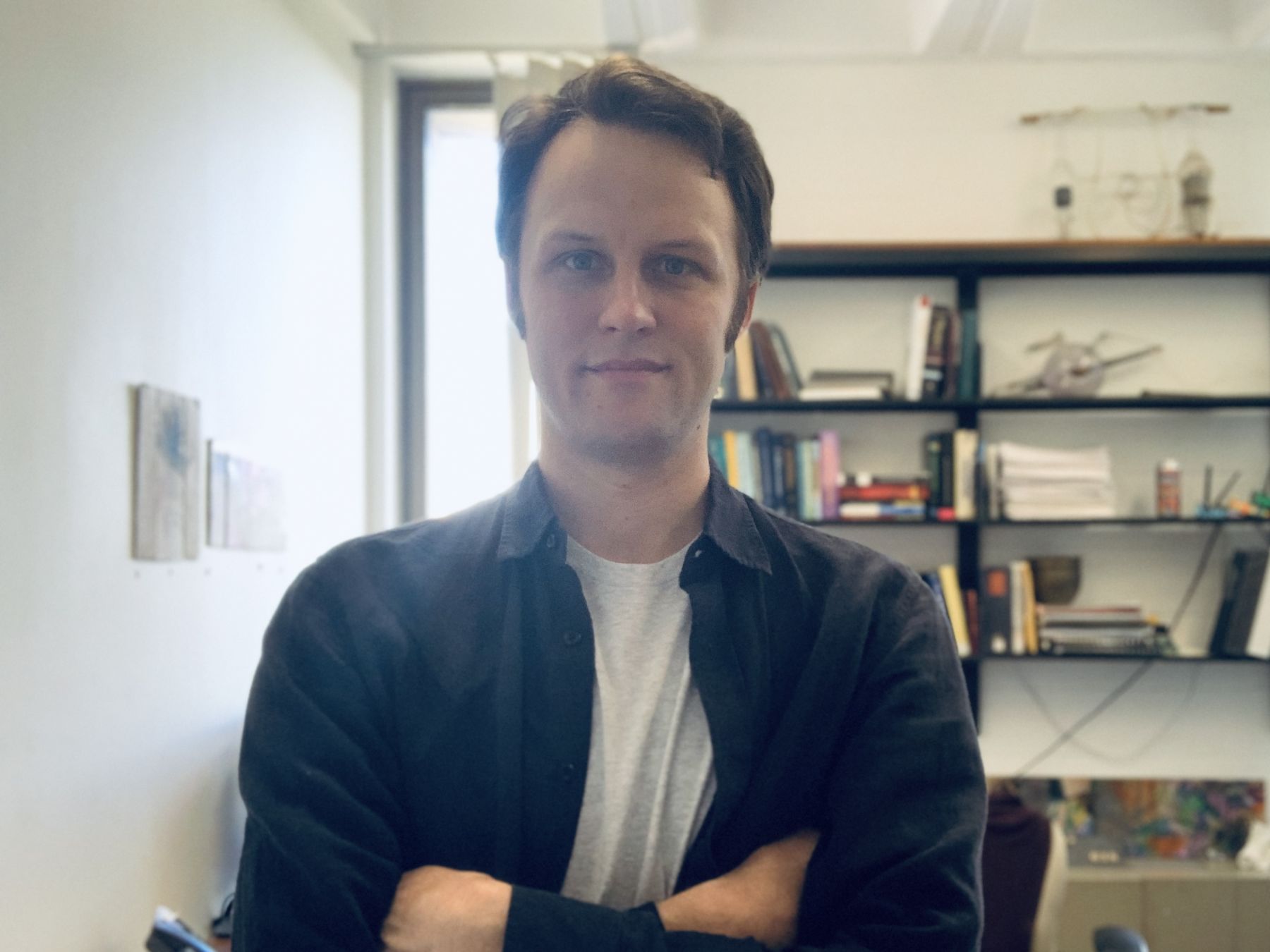Kemp Plumb: Bond Ordering and Molecular Orbital Fluctuations in a Cluster Mott Insulator

Seminar
Location: Elings Hall rm. 1601
Speaker
Kemp Plumb
Assistant Professor of Physics
Brown University
Abstract
Abstract: When spin orbit coupling is on equal footing with electronic correlations, the spatially anisotropic character of d-orbitals in transition metal compounds can lead to many and diverse quantum phases of matter. The most celebrated example is the Kitaev model for j=1/2 Kramers doublets on the honeycomb lattice. However, coupling of spin and orbital fluctuations can result in many more possibilities, including multi-polar order, spin liquids, and/or spin orbitals liquids. In this talk, I will introduce the cluster Mott insulating lacunar spinels as a new class of model materials where electronic correlations, spin orbit coupling, and orbital degeneracy act in concert to produce several interesting magnetic and orbital phases. Following this introduction, I will present a set of neutron and x-ray scattering results on one member of this family: GaTa4Se8, a material that realizes an orbitally active j=3/2 model on the face centered cubic lattice. I will discuss the evidence for or a dynamical spin-orbital state preceding a T 50 K order-disorder spin-orbital ordering transition. Inelastic neutron scattering measurements reveal the dynamic nature of local distortions through symmetry forbidden optical phonon modes that modulate j = 3/2 molecular orbital occupation as well as intercluster Ta-Se bonds. A classic Jahn-Teller mechanism for the global spin-orbital ordering can be ruled out on the basis of scattering measurements, ab-initio calculations, and a symmetry analysis. The resulting staggered intercluster dimerization pattern doubles the unit cell, reflecting a spin-orbital valence bond ground state. I will discuss these results in relation to the family of Lacunar spinels.
Bio
Kemp Plumb is an Assistant Professor of Physics at Brown University. His research program is centered on using inelastic neutron and x-ray scattering to investigate strongly spin-orbit coupled and magnetically frustrated materials through their collective excitations. He received his Ph.D. from the University of Toronto in 2014. He then spent three years as a post-doctoral fellow at the Johns Hopkins Institute for Quantum matter before joining the faculty at Brown in 2017. In 2020 he was the recipient of the Department of Energy Early Career award.